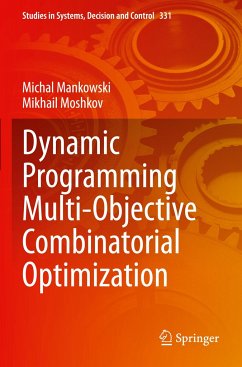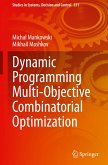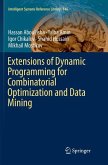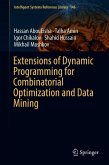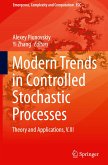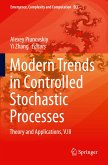This book introduces a fairly universal approach to the design and analysis of exact optimization algorithms for multi-objective combinatorial optimization problems. It proposes the circuits without repetitions representing the sets of feasible solutions along with the increasing and strictly increasing cost functions as a model for such problems. The book designs the algorithms for multi-stage and bi-criteria optimization and for counting the solutions in the framework of this model.
As applications, this book studies eleven known combinatorial optimization problems: matrix chain multiplication, global sequence alignment, optimal paths in directed graphs, binary search trees, convex polygon triangulation, line breaking (text justification), one-dimensional clustering, optimal bitonic tour, segmented least squares, optimization of matchings in trees, and 0/1 knapsack problem.
The results presented are useful for researchers in combinatorial optimization. This book is also useful as the basis for graduate courses.
As applications, this book studies eleven known combinatorial optimization problems: matrix chain multiplication, global sequence alignment, optimal paths in directed graphs, binary search trees, convex polygon triangulation, line breaking (text justification), one-dimensional clustering, optimal bitonic tour, segmented least squares, optimization of matchings in trees, and 0/1 knapsack problem.
The results presented are useful for researchers in combinatorial optimization. This book is also useful as the basis for graduate courses.
"Each chapter has its own reference list. It is noteworthy that much of the material presented here has previously been published by the authors and other collaborators in journal papers. The book thus presents this work within a unified framework, which makes the work of the authors more accessible to other researchers." (Matthias Ehrgott, Mathematical Reviews, May, 2022)

